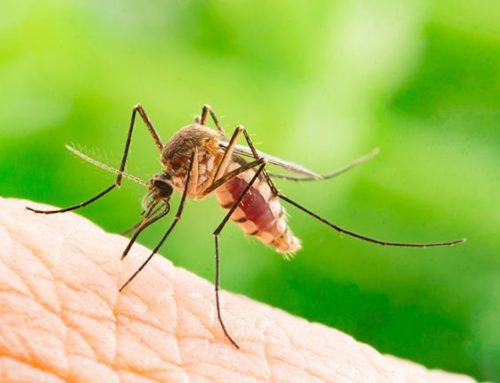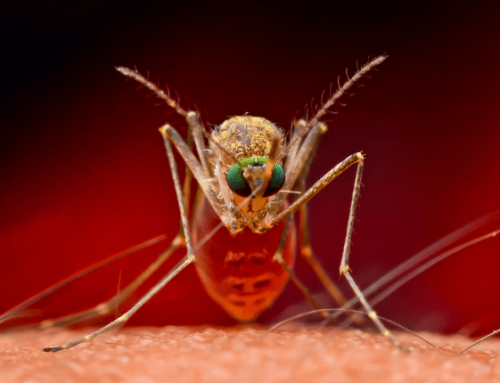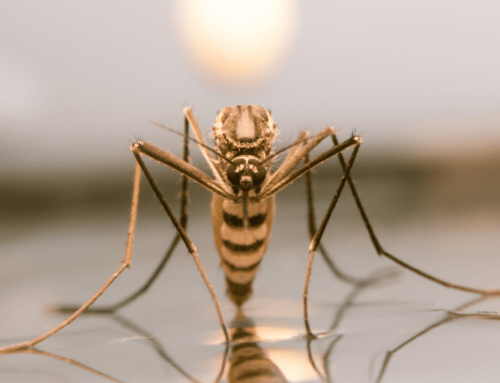Description
The Asian tiger mosquito has very distinctive markings and is easily identifiable by even a casual observer. It will bite as often during broad daylight as near dawn or dusk. This  mosquito is a “container breeder” which will deposit its eggs in almost any type of natural or artificial container which will hold water. The Asian tiger mosquito has a limited flight range and is most often encountered near its breeding habitat. This mosquito can transmit diseases such as dengue, eastern equine encephalitis and dog heartworm.
mosquito is a “container breeder” which will deposit its eggs in almost any type of natural or artificial container which will hold water. The Asian tiger mosquito has a limited flight range and is most often encountered near its breeding habitat. This mosquito can transmit diseases such as dengue, eastern equine encephalitis and dog heartworm.
Biology And Behavior
- Adult females are approximately 1/4 of an inch in length.
- Both adult males and females are covered with shiny black scales with silver or white bands on their legs and dotted lines on their abdomens.
- Its most distinctive characteristic is a striking band of silver or white scales down its thorax.
- Mosquito larvae can be found in artificial containers such as tires, flower pots, buckets, trash receptacles, ornamental ponds, bird baths, pet watering dishes, clogged guttering and abandoned cups and cans.
- Mosquito larval development may also occur in natural containers such as tree holes and leaf axils.
- Asian tiger mosquitoes may share their breeding habitats with other mosquito species.
- In temperate climates such as ours, this mosquito overwinters in the egg stage.
Asian Tiger Mosquito Prevention Tips
- Drain areas of standing water or treat with an appropriately labeled mosquito larvacide.
- Keep grass cut short and eliminate dense vegetation which serves as resting sites for adult mosquitoes.
- Install or repair screen doors and windows to keep mosquitoes outdoors.
- Use an insect repellant containing DEET (N,N-Diethyl-meta-toluamide) on exposed skin and thin clothing when outside.
- When weather permits, wear long-sleeved shirts, long pants and socks outdoors.
- Check with your local government to see if there is a community mosquito abatement program in your area.
- Organize neighborhood cleanup days to pick up abandoned containers in parks and alleyways and clean up vacant lots.





